
- •GREAT BRITAIN FIGHTS PLASTIC POLLUTION
- •MORE THAN 8 BILLION TONNES OF PLASTIC HAVE BEEN PRODUCED SINCE THE 1950S,
- •BANNING MICROBEADS
- •PLASTIC-FREE AISLES IN SUPERMARKETS
- •EXTENDING THE CARRIER BAG TAX
- •BANNING COTTONBUDS
- •BANNING PLASTIC
- •CUTTING DOWN ON PLASTIC BOTTLES
- •GETTING RID OF DISPOSABLE COFFEE
- •MAKING INDUSTRIES MORE RESPONSIBILITY
- •GETTING YOUNG PEOPLE ENGAGED
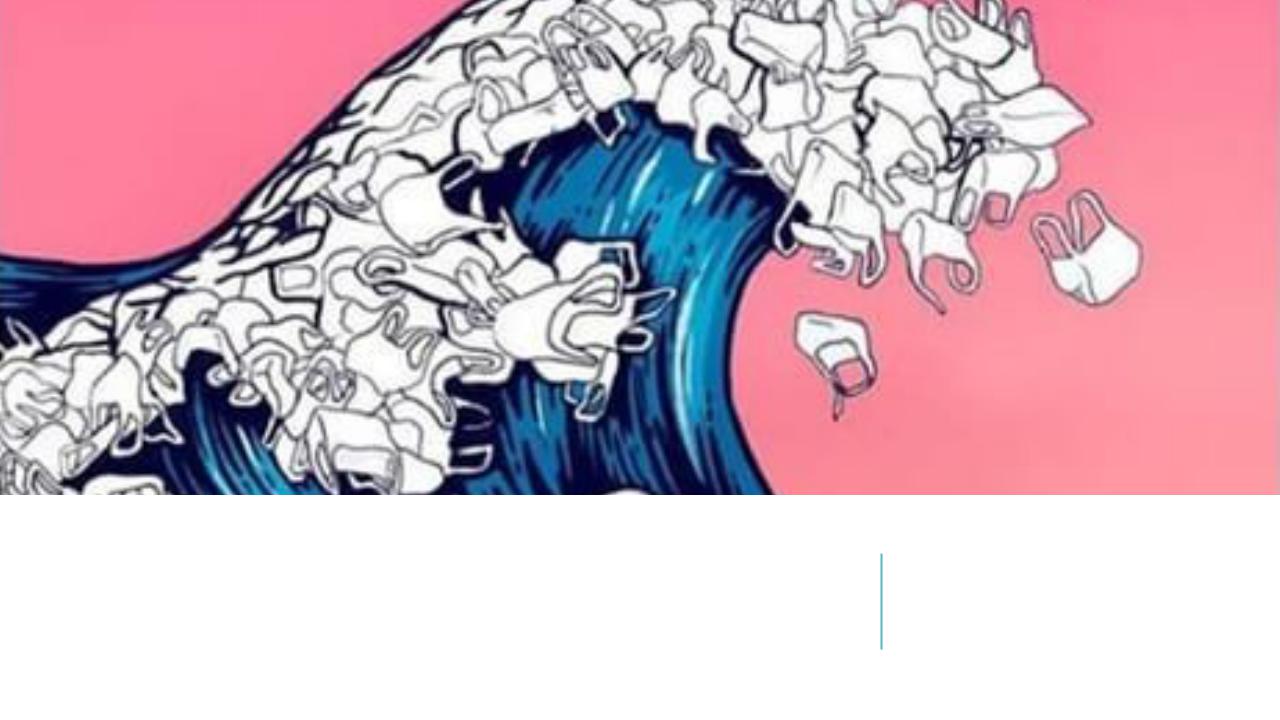
GREAT BRITAIN FIGHTS PLASTIC POLLUTION
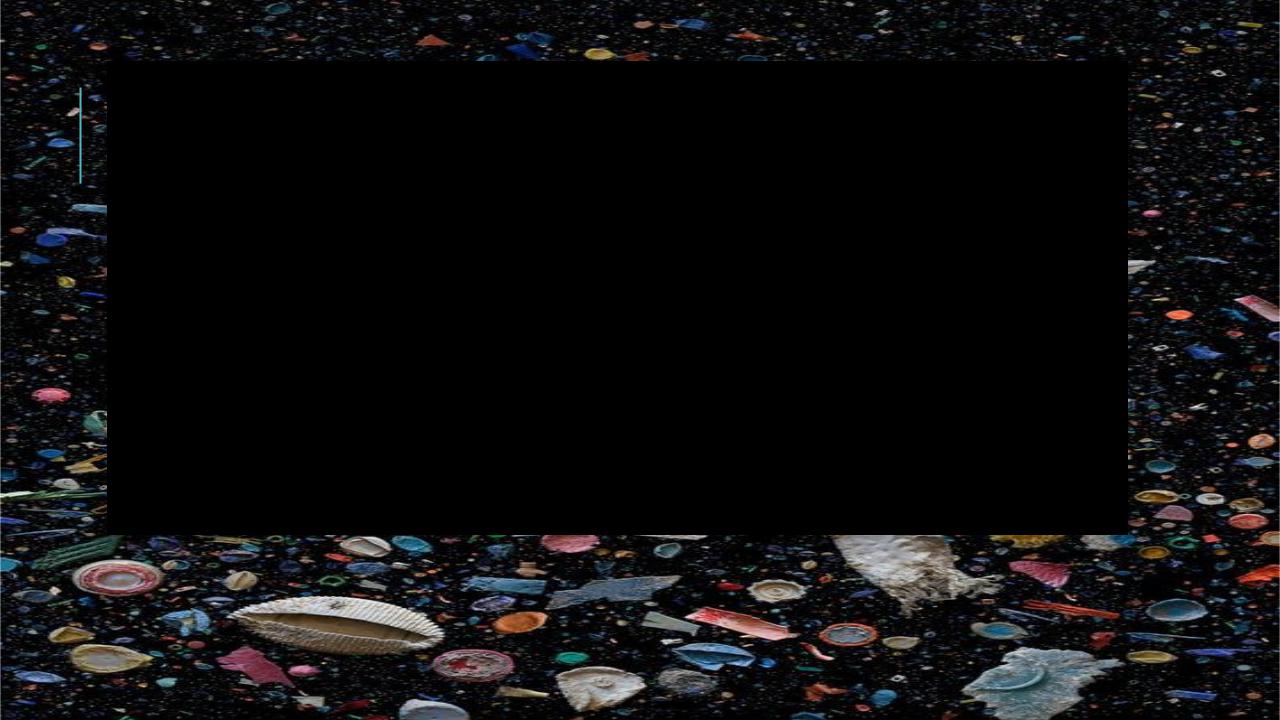
MORE THAN 8 BILLION TONNES OF PLASTIC HAVE BEEN PRODUCED SINCE THE 1950S, AND MOST OF IT HAS BEEN DISCARDED IN LANDFILLS OR THE WIDER ENVIRONMENT, HURTING ECOSYSTEMS AND HUMAN HEALTH. IF WE CONTINUE ON THE SAME TRAJECTORY, BY 2050 THERE WILL BE MORE PLASTIC IN THE OCEAN THAN FISH.
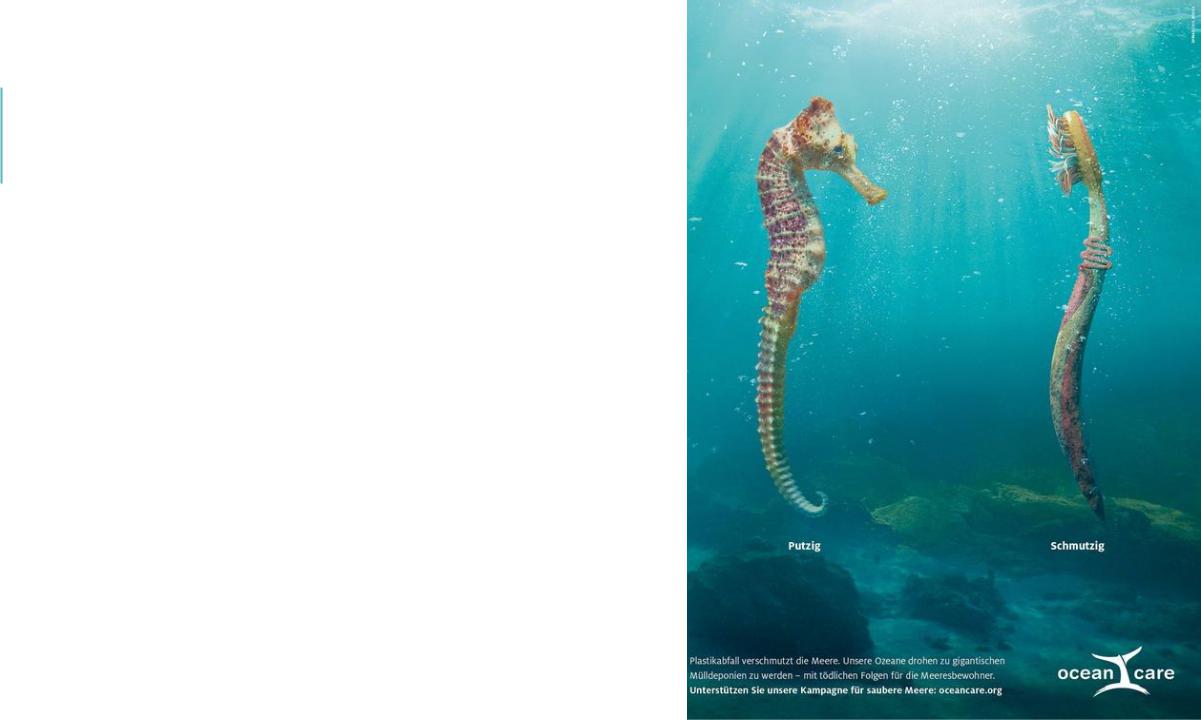
BANNING MICROBEADS
the UK has launched the long- awaited ban on microbeads — the microplastics that could previously be found in things like toothpaste, face wash, and body scrub.
The tiny plastics were so prolific that as many as 100,000 could be washed down the drain in just a single shower.
And, as they’re too small to be filtered out, they were ending up in the ocean, damaging the diets of marine creatures, and even ending up in the human food

PLASTIC-FREE AISLES IN SUPERMARKETS
This is part of the 25-year plan announced by Prime Minister Theresa May, and ties into the zero-waste efforts that hit headlines last year.
The idea is to urge supermarkets to set up “plastic-free aisles,” in which all the food is loose, to give shoppers the opportunity to make environmentally-friendly choices.
Zero-waste stores have already seen a big boost around the world, from London to Copenhagen to Montreal, but, with the introduction to nationwide supermarkets, this vital initiative could go seriously mainstream.

EXTENDING THE CARRIER BAG TAX
Since the 5p plastic bag tax was first introduced in October 2015, there has been a 90% fall in bag use — with 9 billion fewer bags being used across the country, according to figures released last July.
What’s more, some £66 million raised by the charge has been given to good causes.
In his November budget, Chancellor Philip Hammond announced plans for a tax increase on disposable

BANNING COTTONBUDS
This one’s only happening in Scotland so far, and has been announced under new Scottish government plans.
It follows serious concern about the numbers of cotton buds being washed up on beaches after being flushed down the toilet.
A major campaign has already led to most retailers swapping to paper- stemmed buds instead, but plastic ones are still being sold. So, to put a stop to that, Scotland is going to ban them completely.
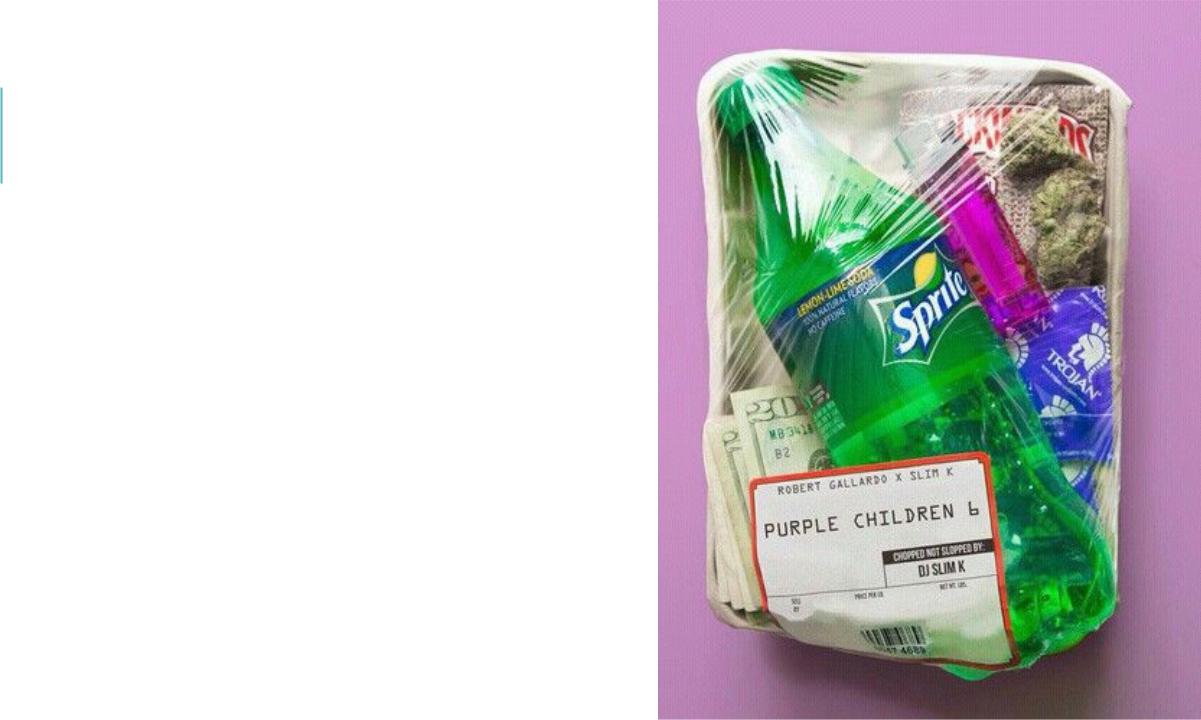
BANNING PLASTIC
These environmental pests might also find that their days are numbered — thanks to MSP Kate Forbes’ “Final Straw” campaign.
Her coastal constituency sees first- hand the impact of plastic on the marine environment, and she said one of the most common plastic items on the beach are plastic straws.
Now, she wants the whole of the UK to ban them, because “the sea does not respect country borders.”
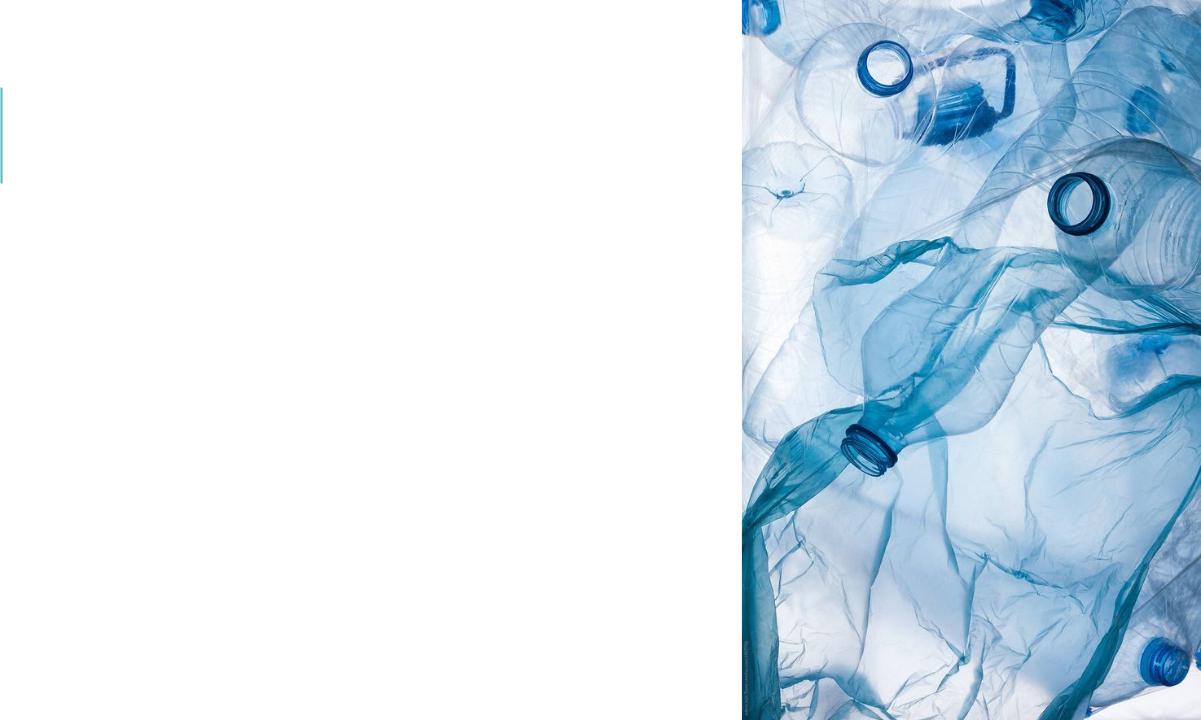
CUTTING DOWN ON PLASTIC BOTTLES
Plastic bottles were described in December as “almost a flagship species for the wider issues of marine plastic pollution,” in a report by
the Environmental Audit Committee.
In the UK alone, we use 13 billion plastic bottles every year — and 7.5 billion of these end up in landfill, being incinerated, or making their way into our oceans, accounting for a third of all plastic pollution in the sea.
The Marine Conservation Society reported that its annual beach clean in 2017 found there has been a 10% rise in plastic pollution on Britain’s beaches, in just the past year. Some 20% of that waste, it said, was from “on-the-go” food and drink packaging, like plastic bottles and sandwich packaging.

GETTING RID OF DISPOSABLE COFFEE
Ministers are reported to be “reflecting” on a proposal for a 25p charge on disposable coffee cups — which experts say could put a serious dent in the 5 billion cups dumped every year.
Estimates suggest the tax could raise £438 million, and lead to a 30% reduction in the number of cups we use in the UK.
Meanwhile, retailers have been launching incentives for shoppers, such as discounts for bringing their own reusable cups. Pret A Manger, for example, has just doubled the discount it offers, and now knocks 50p off prices.
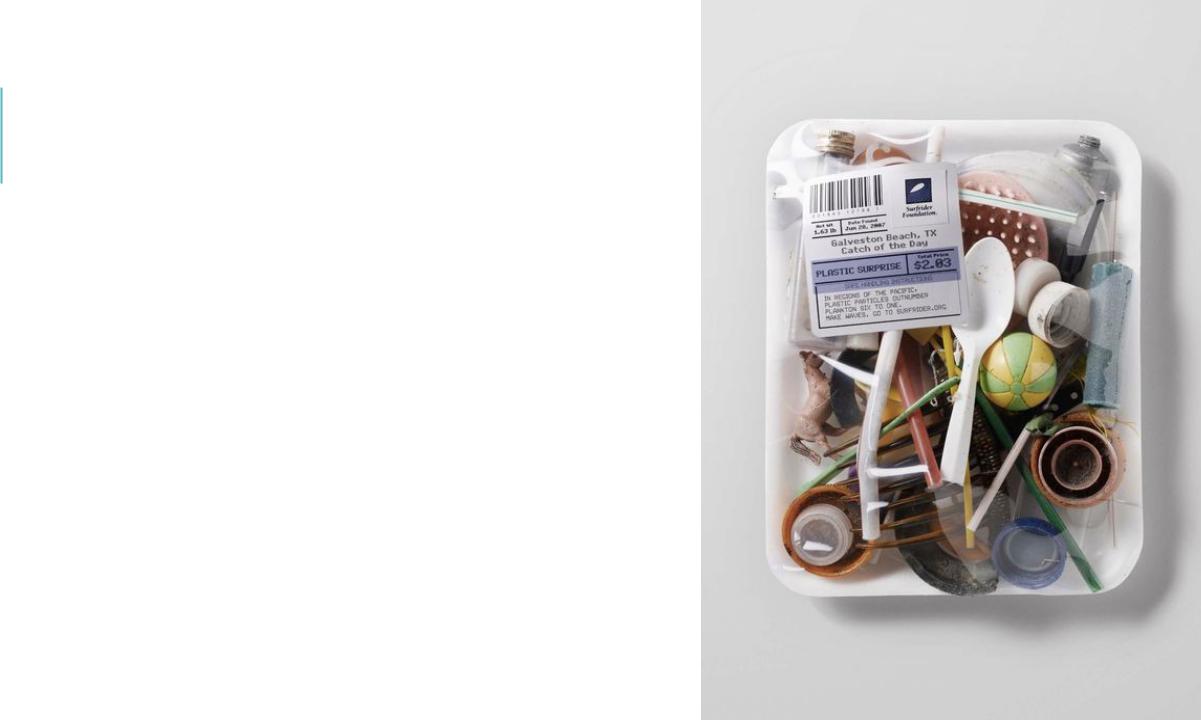
MAKING INDUSTRIES MORE RESPONSIBILITY
It might feel like a lot of the onus for cutting down on plastic waste currently lies with members of the public.
One of the steps is to encourage industries to take greater responsibilities for the environmental impacts of their products, and for making them easier to recycle.
Currently, firms in the UK pay one of the lowest contributions to recycling their waste in the whole of Europe — with taxpayers instead paying 90% of the recycling costs.
